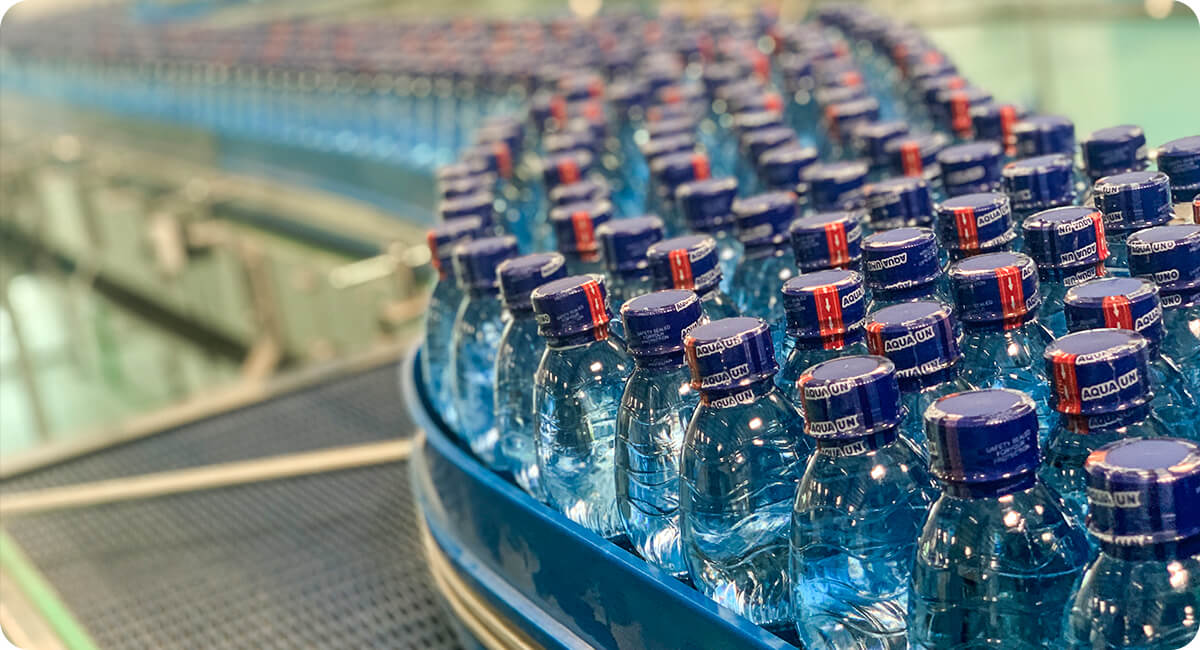Advanced Liquid Package Solution
Mineral water filling machines are essential for the smooth operation of bottled water production. These machines must maintain high efficiency, hygiene, and consistency to meet consumer demand and regulatory standards. However, like any complex machinery, they can encounter problems that disrupt the production process. In this article, we will explore five common problems with mineral water filling machines and provide practical solutions to fix them.
One of the most frequent problems faced by mineral water filling machines is inconsistent fill levels. This issue can result in some bottles being underfilled or overfilled, leading to product waste, customer complaints, and potential compliance issues.
Cause:
Sensor malfunction: The sensors that control the fill levels may be damaged or malfunctioning.
Improper calibration: The filling machine might need recalibration due to production changes or environmental factors.
Inconsistent air pressure: Fluctuations in air pressure can impact the filling process.
Solution:
To resolve this issue, first check the sensors and ensure they are clean and properly calibrated. Follow the manufacturer's guidelines to recalibrate the sensors regularly, especially after any maintenance or production adjustments. Additionally, ensure that the air pressure is stable and falls within the specified range for the machine to maintain consistent fills. Performing routine checks and calibrations can help maintain the accuracy of the filling process and avoid errors in fill levels.
Proper sealing is critical for maintaining the freshness and safety of bottled water. If bottles aren’t sealed correctly, the water may become contaminated, or the bottle may leak, leading to customer dissatisfaction.
Cause:
Worn-out capping heads: The capping heads or seals can wear out over time, preventing them from properly securing the caps.
Contamination: Dust or foreign particles can cause poor sealing.
Solution:
Ensure the capping heads are in good condition and replace them if necessary. Regularly clean the capping system to prevent contamination and ensure a tight seal on each bottle. Regular maintenance checks are key to identifying wear and tear before they affect the sealing process. Also, make sure the sealing area remains free of dirt and particles that could interfere with the sealing.
Slow filling speeds can cause production bottlenecks and reduce overall throughput, affecting your plant’s efficiency. If your filling machine is taking longer than usual to fill bottles, it could be due to various issues.
Cause:
Blockages in the system: Debris or residue buildup can slow down the filling process.
Improper flow rate settings: Incorrect settings can restrict the flow of water into the bottles.
Need for maintenance: Lack of maintenance can cause components to function suboptimally.
Solution:
To address slow filling speeds, start by thoroughly cleaning the filling system to remove any blockages or residue. Check the flow rate settings and adjust them according to the manufacturer’s specifications to allow optimal water flow. If the issue persists, inspect the filling nozzles and other components for signs of wear or damage, and replace any parts as necessary. Regular maintenance of the filling machine will ensure that it operates at the highest speed possible without sacrificing quality.
Water contamination is a serious issue in bottled water production, as it compromises the safety and quality of the product. If contamination occurs during the filling process, it can lead to recalls, regulatory penalties, and damage to your brand’s reputation.
Cause:
Poor hygiene practices: If the filling machine is not regularly cleaned, bacteria or contaminants can affect the water.
Malfunctioning sterilization systems: If the water sterilization system isn’t functioning properly, microorganisms can enter the bottles.
Improper bottle handling: If bottles are not handled in a hygienic manner, contamination may occur.
Solution:
Ensure that the filling machine undergoes regular sanitation and cleaning procedures to prevent contamination. This includes cleaning the water tanks, filling nozzles, and the capping area. Replace any filters or sterilization components that have become ineffective. Additionally, establish strict hygiene protocols for bottle handling, ensuring that the bottles are cleaned before filling and that they are properly sealed after filling to maintain freshness.
Air bubbles in bottled water not only affect the aesthetic quality of the product but can also lead to overfilling or underfilling if the bubbles cause inaccurate readings.
Cause:
Incorrect pressure settings: If the pressure settings on the filling machine are too high or too low, air may enter the bottles during the filling process.
Improper filling speed: If the filling speed is too fast or too slow, air bubbles can form within the water.
Incorrect filling technique: The wrong positioning of the filling nozzles can introduce air into the bottles.
Solution:
Adjust the pressure settings to ensure they are within the optimal range for the machine. Fine-tune the filling speed to ensure smooth, bubble-free water flow. Position the filling nozzles correctly to minimize the introduction of air during the filling process. Regularly inspect the machine for any wear or misalignment that could affect the filling process and contribute to air bubbles.

The efficiency and reliability of mineral water filling machines are vital for maintaining high-quality production standards. Addressing common problems such as inconsistent fill levels, poor sealing, slow filling speeds, water contamination, and air bubbles is crucial for avoiding costly downtime and product waste. By following the solutions outlined above and conducting regular maintenance, you can ensure your filling machines operate smoothly and efficiently.
If you’re experiencing any of these issues with your mineral water filling machines, or if you need assistance with maintenance or troubleshooting, don’t hesitate to contact us(ALPS filling machine) for expert advice and support. Our team can help you get your machines back to optimal performance and ensure your production line runs efficiently.

By continuing to use the site you agree to our privacy policy Terms and Conditions.